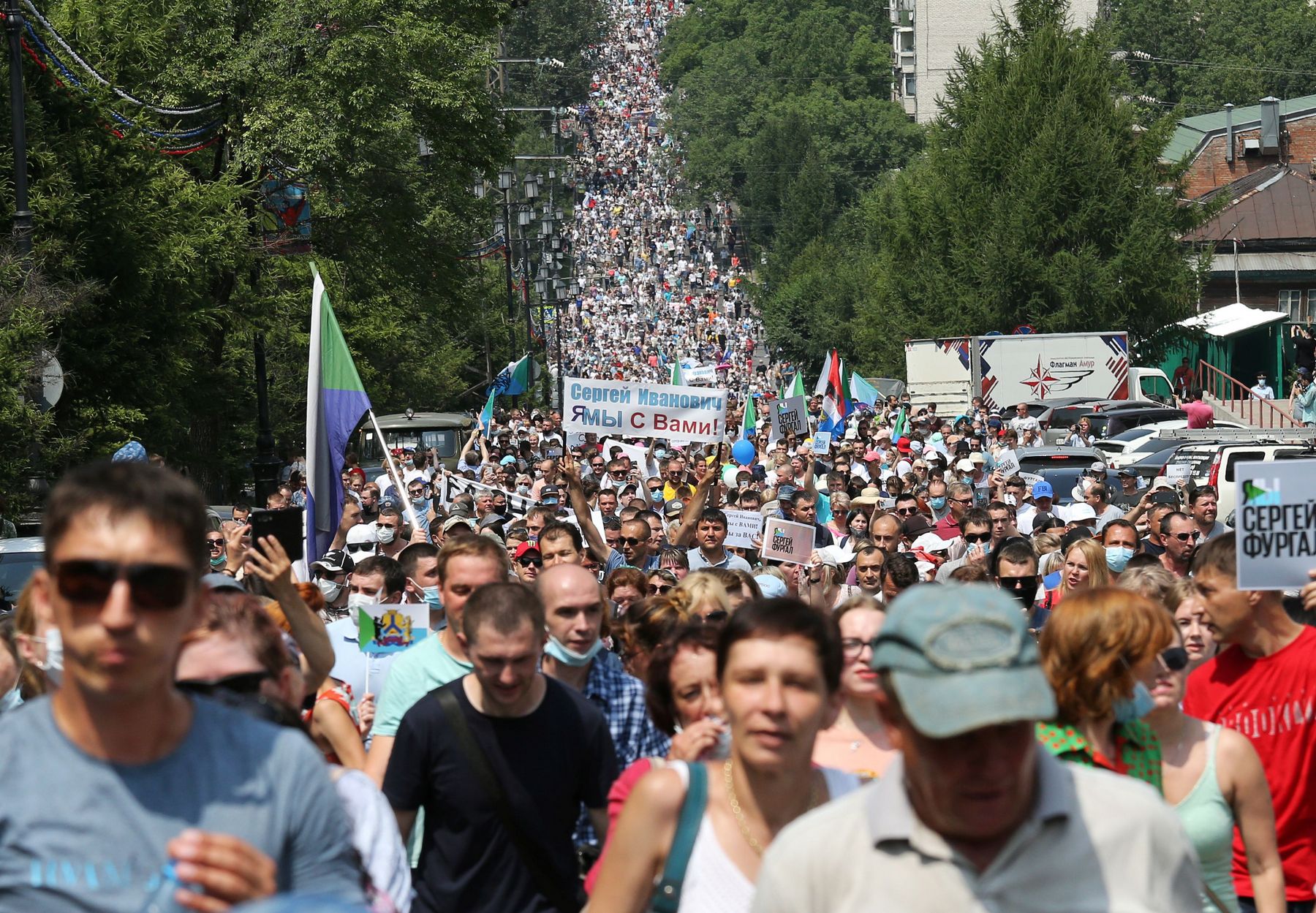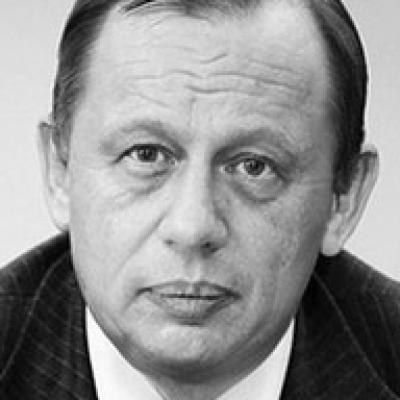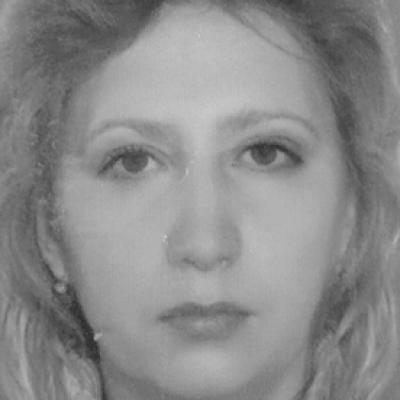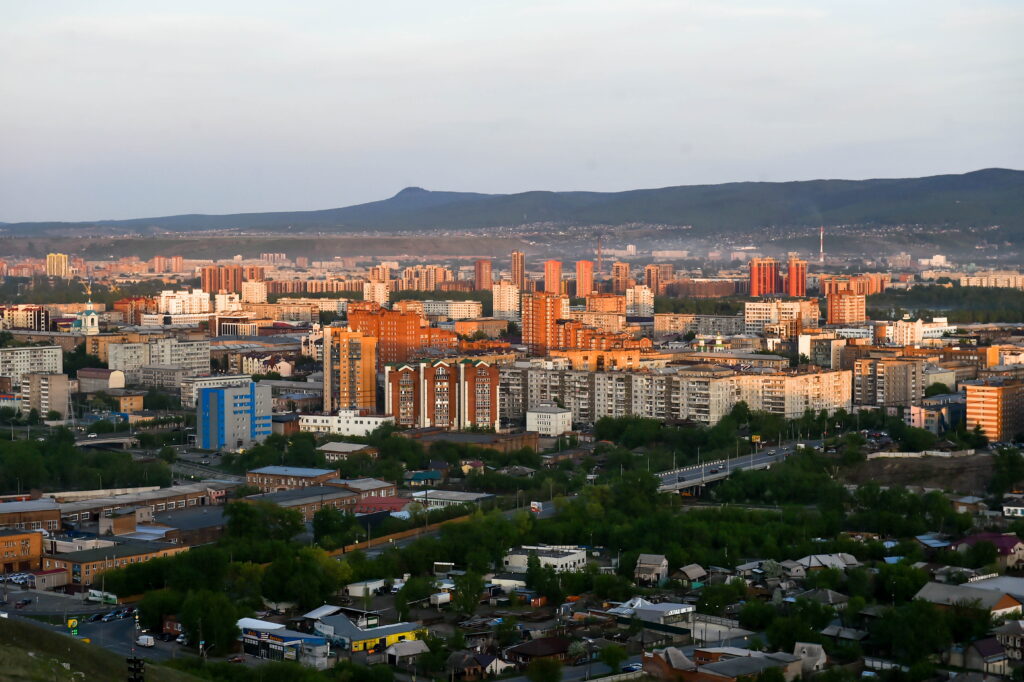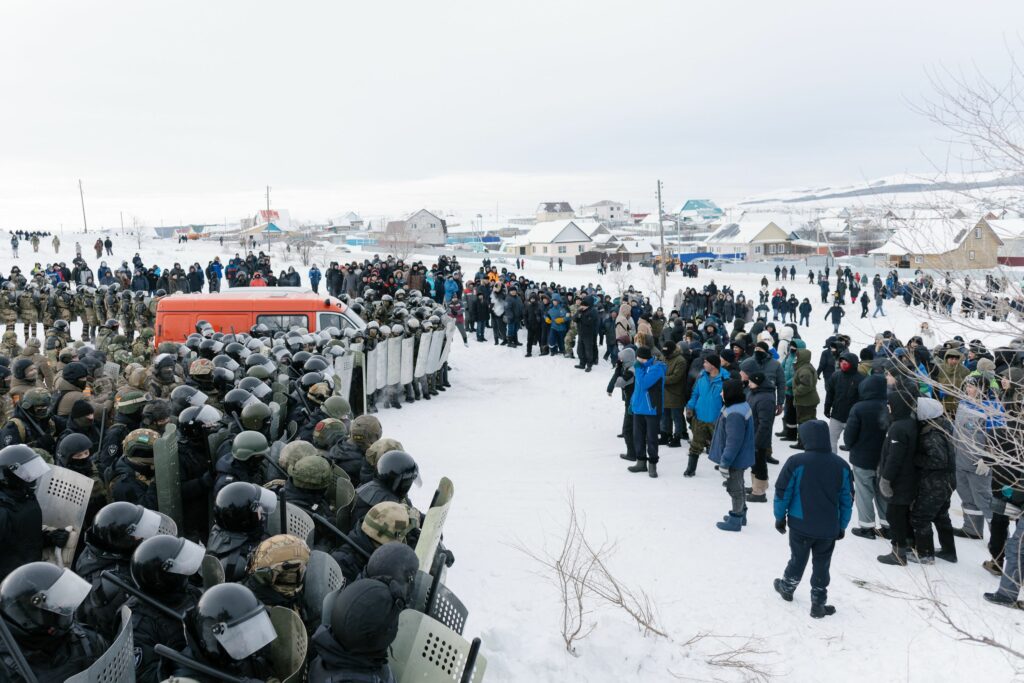Since July 11, demonstrations have been ongoing in Khabarovsk region protesting the arrest of Governor Sergei Furgal. The research group of the sociologist Belanovsky conducted 40 telephone interviews from July 13-16, 2020 with residents of the region to find out the attitude of people to these events. (By July 20 it became known that Mikhail Degtyarev will become the Acting Governor of the Khabarovsk region).
We are not trying to give an objective assessment of the success of Furgal’s work as governor. Still, we aim to showcase the opinions of the residents themselves, expressed at interview.
Any description of the “Furgal phenomenon” should begin how the respondents compare his tenure with the activities of the previous governor Vyacheslav Shport. In their opinion, Shport was guided only by selfish interests and had a disdainful attitude towards residents. The mood of the people was dominated by the lack of prospects for life in the region.
- The only thing that worried the authorities under Shport was stuffing their own pockets (man, 48, Khabarovsk).
- When Shport was in power, people had a strong feeling that there were no prospects. There was no hope for the future (man, 45, Khabarovsk)
In the context of claims against Shport, accusations were made against United Russia and the federal authorities.
- Shport worked in symbiosis with the Kremlin. The Kremlin allocated money, but no work was done. But the Kremlin continued to keep Shport in power (man, 40, Komsomolsk-on-Amur).
- Everyone understood that Shport was held in power not because of his results, but for his loyalty (man, 61, Amursk).
- Shport was part of United Russia. I can’t say anything good about this party (woman, 36, Khabarovsk).
The vote for Furgal in September 2018 was a protest vote. At the time of the elections, Furgal was a little-known figure for the inhabitants of the region. Few believed in his victory, no one associated positive expectations with him. But already in the first round, despite the low turnout, the vote against Shport turned out to be so massive that a second round was inevitable. At that moment, those who participated in the protest voting realized that they were in the majority. For residents of the region, Furgal has become a symbol of independence from the decisions of the Kremlin.
- Furgal was then a gesture of despair – anyone but a representative of United Russia. We don’t like United Russia here (woman, 40, Khabarovsk).
- The choice was obvious to everyone (anyone but Shport. I didn’t know anything about Furgal then. But he became a symbol of confrontation for us. It was a victory over the Kremlin (man, 50, Komsomolsk-on-Amur).
At first, the new governor was perceived as a “revenge” of voters to the Kremlin and United Russia. But the attitude towards him began to change in a positive direction. Symbolizing freedom of choice for the inhabitants of the region, Furgal demonstrated the kind of work of power for which Russians have long matured a request: real deeds, attention to the problems of the population, openness and honesty, personal selflessness. All this contributed to the rapid growth of his ratings.
- We saw his work with our own eyes. Under him, many unfinished projects (houses, roads) were revived, he had restored the metallurgical plant. He paid much attention to the development of medicine (woman, 36, Khabarovsk).
- He had banned the division of children in schools into rich and poor, provided everyone with the same food (woman, 53, Komsomolsk-on-Amur).
- He is humane. He did not use personal security. He talked with people the way we are talking to you now, not with slogans. All his government meetings were broadcasted online (woman, 34, Khabarovsk).
- He does not steal money. And the United Russia has built all their lives on this. He had cut his own salary, deprived officials of bonuses (male, 47, Khabarovsk).
Key to note is how Furgal proved to be a flexible politician, able to change the style of his administration without resorting to radical measures and personnel purges. He has tried to avoid conflicts and cooperate with everyone, including United Russia.
- After the former governor, Furgal’s entourage has hardly changed. There were not many reductions in the administration. He integrated into the system that already existed, but it began to work differently with him (male, 55, Khabarovsk).
Upon taking office, Furgal immediately announced he would use all legal means to suppress corruption. According to the residents of the region, he kept his word. Questions about the “disappearance” of funds were considered at meetings of the regional government online and received hundreds of thousands of views.
- If there were people who opposed him, it was those who could be prosecuted for embezzlement (man, 40, Khabarovsk).
- He came to the plundered land. He worked, but was displeasing to the Kremlin, because he broke this system of bribes and corruption (woman, 29, Khabarovsk).
According to reports, at some point Furgal’s rating exceeded Vladimir Putin’s. The exact figures are classified. But as for the president’s trust rating, the Khabarovsk region showed the lowest indicator in Russia — 48%. A fragment of an audio recording of Furgal’s conversation with the Presidential Envoy, Yuri Trutnev, was leaked on the Internet. Here, the latter raised the issue of the inadmissibility of exceeding the governor’s personal rating over Putin’s rating. This “leak” is clearly PR in nature. Trutnev’s words have been cut out, while Furgal’s “excuses” have been preserved. Nevertheless, it is clear from the context that it was precisely about the ratio of ratings not in favor of Putin. The inhabitants of the region perfectly understood this.
- He had a meeting with Trutnev. The latter reproached him for having a higher rating than Putin. He said that he was pursuing such a policy on purpose. This, of course, could not be forgiven (woman, 34, Komsomolsk-on-Amur).
- They were afraid that he had a higher rating than Putin (female, 26, Khabarovsk).
The actions of the federal government were initially aimed at discrediting the objectionable governor. Immediately after the election, a campaign began on social networks with accusations of bribery. However, these measures did not bring results. It was not possible to prove accusations of corruption, and to form a negative attitude towards Furgal among the residents.
- As soon as Furgal was elected, he became victim of a social media smear campaign, ordered from the top. They wrote that everyone in his entourage was stealing. It is not hard to guess who was behind this (man, 41, Khabarovsk).
- In the two years since he became governor, I have not heard from a single person that he was against Furgal. There were fakes in social networks, but never in personal communication (man, 36, Khabarovsk).
Moscow’s decision to punish Khabarovsk for the “wrong vote” added fuel to the fire of protest sentiments. Not even three months have passed since the new governor took office, and the capital of the Far Eastern Federal District has already been moved to Vladivostok. The decree on this was signed personally by Putin. Together with the transfer of the capital to Vladivostok, the head offices of business structures significant for the regional budget left.
In these actions, Khabarovsk residents easily recognized the motive of the “punishment” and the fact that the decision came from the very top of the federal government. So contrary to the Kremlin’s forecasts, residents responded with an increase in protest moods.
- The capital was moved to Vladivostok as punishment for choosing Furgal. We felt this in our pockets. Last year, they cut off oxygen for fishing. For many, this is sensitive. This is humiliating! (man, 37 years old, Khabarovsk).
After failing to find recent allegations, the authorities turned to the past, accusing Furgal of organizing in 2004-2005 murders and attempted murders of a number of entrepreneurs in the Khabarovsk and Amur Region. Many Khabarovsk residents believe that these charges were brought not for the triumph of justice, but to remove the unwanted governor.
- It is easiest to jail the governor for economic crimes (bribes, corruption). But they couldn’t find anything like that on Furgala! (male, 48, Khabarovsk)
Perhaps the last straw for the Kremlin was weak agitation in the region for voting on amendments to the Constitution. As a result, a low turnout (44% versus 68% in Russia) and a relatively low share of votes in favor (62% versus 78% in Russia). These results were seen as sabotage.
- We did not have an agitation campaign on amendments to the Constitution. Therefore, the turnout was very low. This was the last straw for them. Therefore, immediately after the vote, they came up with this arrest (woman, 26, Amursk).
The arrest of Furgal made a shock impression on the inhabitants of the region and provoked mass protest actions covering the whole of Khabarovsk and many settlements of the region. People transmitted information through social networks, SMS and various instant messengers.
- There was such a feeling of rage and disgust at the federal government that they carried their feet to the center. I went, husband, my mother went. And there it was already impossible to push through from people (woman, 29, Khabarovsk).
- Active communication began in social networks 15 minutes after it physically happened. Moreover, even in those publics that are not connected with politics (man, 38, Khabarovsk).
After Furgal’s arrest, a PR campaign against him intensified. Critics emphasize that Furgal was not a good governor and allegedly did nothing for the region. This position, contrary to the opinion of the inhabitants of the region, is adhered to by high-ranking officials, including Trutnev.
- Trutnev, who lives in Moscow, arrived and said that Furgal has done little. But he doesn’t know anything! People will not calm down now (woman, 36, Komsomolsk-on-Amur).
For the residents of the Khabarovsk region, the arrest of the governor became an insult inflicted on them by the federal authorities, not taking into account their democratic choice. The conflict has acquired a value-based character that cannot be “flooded” with money.
- Our choice, our freedom and hope have been taken away from us. This is a moral protest in the first place (woman, 45, Khabarovsk).
At the time of the survey, residents of the region were determined to continue the protest. It is hard to say how far the authorities are ready to go to a military solution to the conflict. But it is obvious that the police and the National Guard do not seek to carry out such orders.
- Law enforcement agencies are alright, they behave very dignifiedly. We saw and showed all of Russia that people and the police can behave with dignity. This is democracy in action (male, 56, Khabarovsk).
- We are now proving that it is possible and necessary to fight. And the riot police do not disperse us. They are also for Furgal (woman, 24, Khabarovsk).
The massive nature of the protests led to a sense of unity among the protesters and pride in their fellow citizens. This, in turn, fostered the awareness that the confrontation would continue. People felt that their strength was in unity.
- When I saw how many people came, I felt proud for my fellow countrymen (woman, 45, Khabarovsk).
- We see that the more people come out, the stronger we are (man, 37, Khabarovsk).
The problem is that, sooner or later, elections are to be called in the region. It will be very difficult for the federal government’s proteges to run for office.
- Any protégé of the Kremlin will be hated and not accepted. He will have to walk around with security (man, 51, Khabarovsk).
- The authorities have done everything to ruin their reputation. United Russia has no chance here. The ground under their feet will burn (woman, 41, Amursk).
External support is an important factor strengthening the position of the protesters. Rallies in other regions in support of Khabarovsk morally inspire the residents of the region. It is also important that information about the protests has reached the international level.
- All my friends from different cities call me and say that they support us. It is so pleasant and important for us that we set an example (woman, 29, Khabarovsk).
- We know that the whole country sympathizes with us. And this makes us stronger (male, 26, Khabarovsk).
- Earlier nobody knew Khabarovsk, but now we are shown on the news in Japan, Germany (woman, 34, Khabarovsk).
Our interviews show that the arrest of Furgal was perceived by the residents of the Khabarovsk Territory as an insult related to disrespect for their democratic choice. The response was massive self-organization of the population and protests, the scale of which exceeded the worst fears of the federal government.
If the Kremlin continues to pursue this policy, ignoring the growing discontent of the population, then in the end it could lead to the expansion of the boundaries of the conflict, which will spill out far beyond the Khabarovsk Territory.
